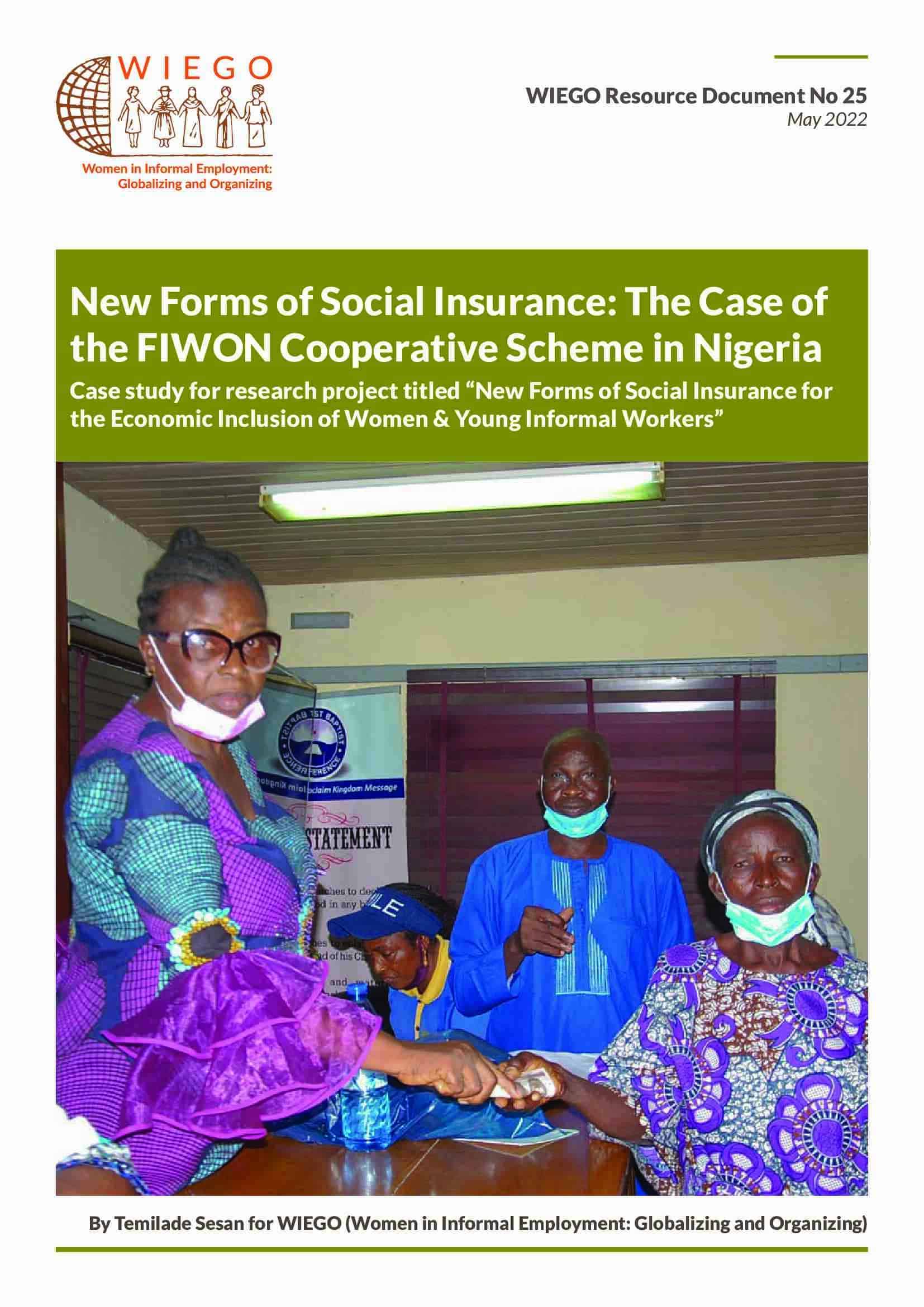New Forms of Social Insurance: The Case of the FIWON Cooperative Scheme in Nigeria
Key Points
- The Nigerian government’s response to the vulnerabilities of workers in the informal sector has been slow. While progress has been made in the laying of institutional frameworks and the introduction of social protection programmes over the past decade, with coverage at just six per cent of workers in the country, these fall far short of the need.
- The low levels of public investment in social protection in Nigeria reflect a general crisis of governance, one in which government priorities are informed largely by political considerations that do not align with the interests of informal workers.
- The FIWON cooperative, a wholly informal worker-driven collective with chapters in Lagos and Osun, facilitates access to insurance for its members. The findings from the case study could be useful to others in contexts where public trust has been significantly eroded and government investment in social protection is low.
- Start small, start early and start alone are among the lessons learned from the FIWON case study. FIWON executives have come to terms with self-organizing as the route to advancing economic empowerment and social protection for informal workers. Inspired by examples such as the Self Employed Women’s Association in India, the cooperative aims to get enough donor support to enable it to grow its membership, and then to establish its own organizations that will provide social insurance directly to its members.
- The active involvement of the government – both by way of direct financial investment and effective regulation of the private sector – is important for the growth of cooperatives such as FIWON. In the absence of decisive measures mediated by a functional government, informal workers will continue to be vulnerable to the vagaries of the market and exploitation by private interests.
View list of all: Resource Documents

